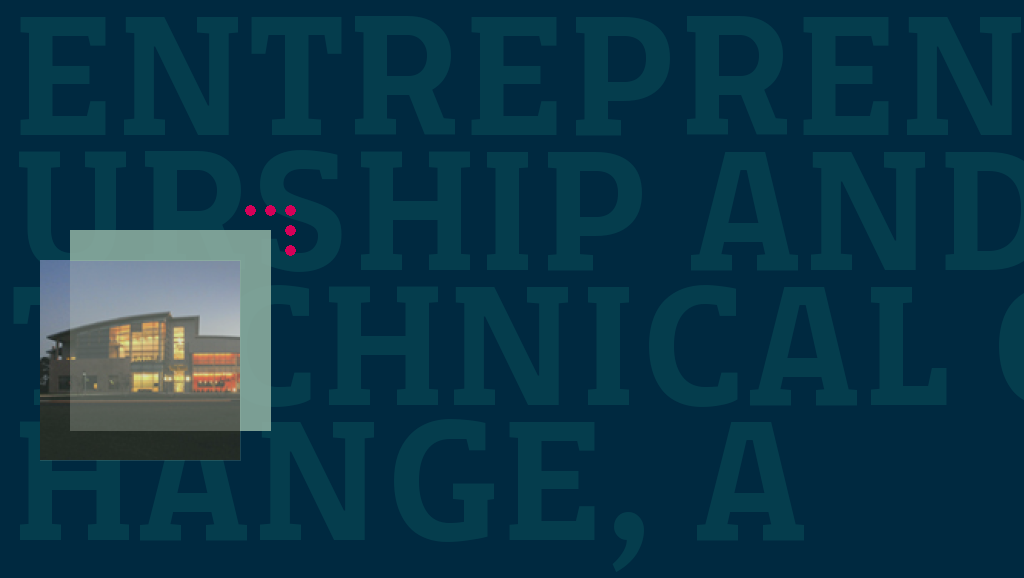At the Bassetti Foundation we believe that responsibility in innovation must lie in the process, and therefore with the entrepreneur. From this point of view the 2011 publication entitled Entrepreneurship and Technological Change (published by Edward Elgar) offers insight and analysis into the influence of entrepreneurship upon technical change and innovation.
The book is divided into 3 parts. The first part provides a theoretical framework in support of one of the books major themes, that entrepreneurship and technical change can be mutually fostered through specific organizational postures. In conclusion the chapter suggests a framework through which technological change, including interaction with the environment can be seen to generate opportunities that ignite entrepreneurial actions and promote technological change.
Part 2 highlights the renewal dynamics associated with contexts within which entrepreneurship flourishes. Of particular interest are references to Research and Design alliances that create the necessary resources for technological change. A large section of this chapter refers to the pharmaceutical industry, and raises many issues that have been raised on this site both through the article entitled Drugs For People and Not For Profit 1and the review of Harriet Washington’s works2, among others.
The second part concludes with 2 interesting and related articles. The first relates to behaviour in high tech industry and its effect upon the regional model of industrial specialization, while the second offers a case study of industrial change in a Swedish urban area. The authors refer to new knowledge bases and overspill to other regions and innovation outcomes.
Part 3 ties the argument together, in its statement that “innovation patterns enable technological change and are linked to entrepreneurship”. In one article Foss, Iakovleva, Kickul, Oftedal and Solheim stress the relationship between “innovation as a product and the entrepreneur as the active agent bringing it to the market”. An interesting analysis that feeds into the argument about responsibility as addressed by the Bassetti Foundation and touched upon above.
Mortara, Napp, Ford and Minshall conclude the section by suggesting a theoretical bridge between corporate entrepreneurship and the paradigm of open innovation, giving examples of open innovation in practice.
A technical reading of arguments related to those addressed by the Bassetti Foundation, Entrepreneurship and Technological Change is published by Edward Elgar in Cheltenham (UK) and Northampton (USA) and edited by Luccio Cassia, Tommaso Minola and Stefano Paleari. A further description is available here3.
——————–
(photo: Center for Functional Nanomaterials4 by Brookhaven National Laboratory from Flickr)

















